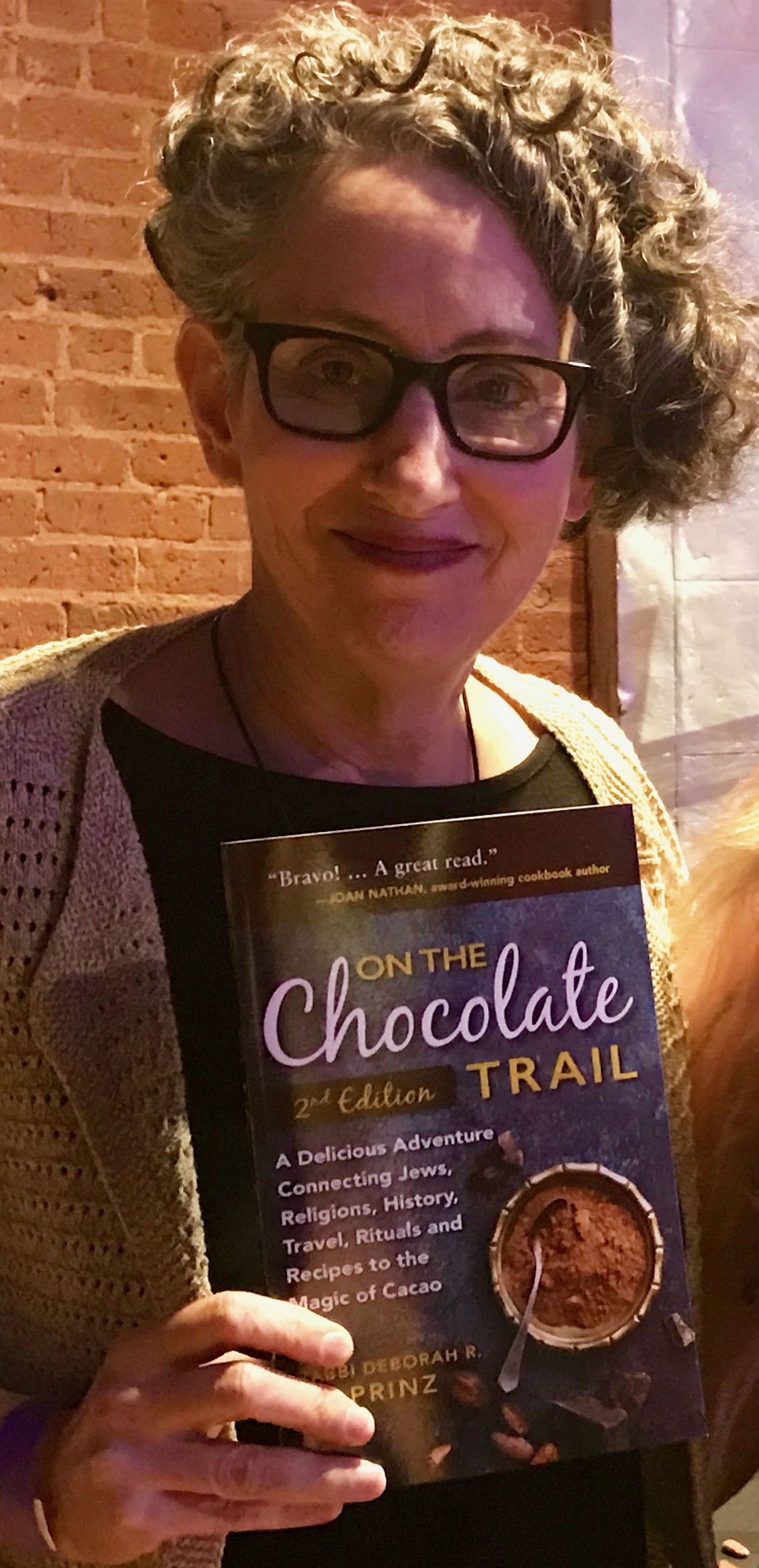1. Jews Created Easter Eggs
Surprisingly, according to some chocolate mavens, it may have been Jews in southwest France in the 17th century, known as expert chocolate makers in Bayonne, who first developed chocolate Easter eggs. These, they say, were passed around during Mass to provide morsels of sustenance.
Passover and Easter celebrations share an affinity for eggs as they represent of spring birthing and re-birthing. Passover’s egg decorates the ritual Seder plate and recalls the animal sacrifices for Passover offered in the ancient Jerusalem Temple when Passover was celebrated. In Christianity, eggs at Easter recall the resurrection of Jesus. Since eggs were not eaten during Lent preceding Easter the stored-up eggs were especially enjoyed on Easter. Fortunately chocolate versions followed.
2. Kosher Easter Eggs
To round out the story of chocolate, Jews and Easter, the 20th century Orthodox Jewish owned chocolate company, Barton’s, produced Easter eggs. They were made according to Jewish food laws and certified kosher. The same is still true for the Easter products produced by The Madelaine Chocolate Company, a family owned firm related to the Klein family of Barton’s, now located in Rockaway Beach, New York. Other companies do, too.
Believe it or not, if you eat a chocolate egg this week, you will be connecting your palate to surprising Jewish history.
An earlier version of this post appeared at the Huffington Post: Easter Chocolate: Five Believe It or Not’s
Rabbi Deborah R. Prinz lectures about chocolate and Jews around the world. Her book, On the Chocolate Trail: A Delicious Adventure Connecting Jews, Religions, History, Travel, Rituals and Recipes to the Magic of Cacao (Jewish Lights) is in its third printing. The book is used in adult study, classroom settings, book clubs and chocolate tastings. Prinz blogs at The Huffington Post, The Forward, The Jewish Week, On the Chocolate Trail and elsewhere.





















 More news and opinions than at a Shabbat dinner, right in your inbox.
More news and opinions than at a Shabbat dinner, right in your inbox.